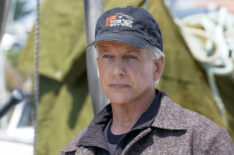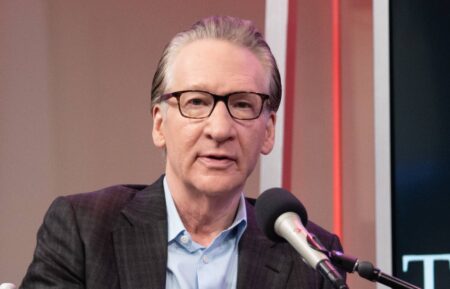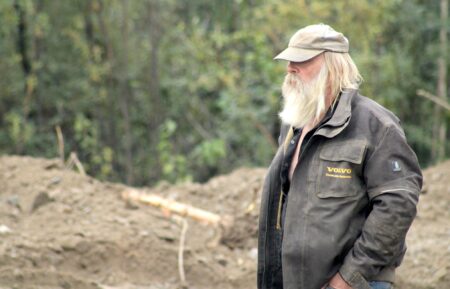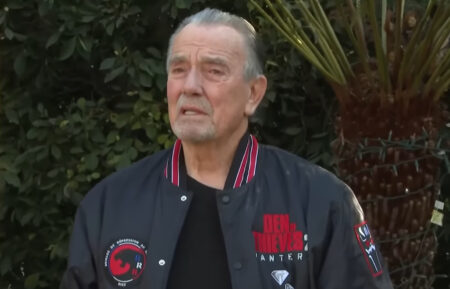‘NCIS: Origins’ Bosses Talk Gibbs’ Elevator Stop, Jackson & Franks, & More
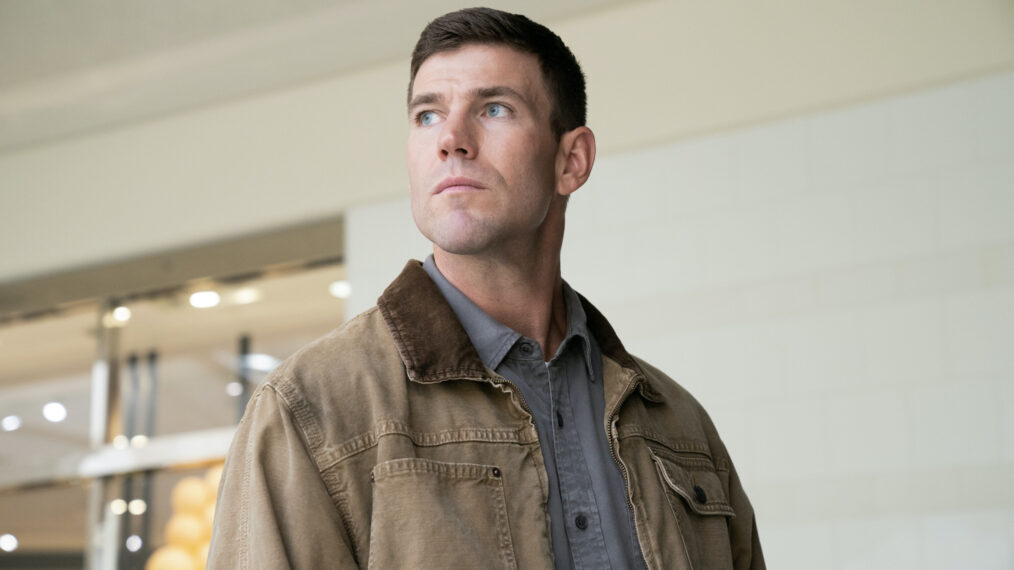
Spoiler Alert
[Warning: The below contains MAJOR spoilers for NCIS: Origins Season 1 Episode 3 “Bend, Don’t Break.”]
One of the most iconic aspects of Leroy Jethro Gibbs (Mark Harmon) from the original NCIS was him stopping the elevator. It doesn’t take long for the prequel, NCIS: Origins, to have Austin Stowell‘s younger version, to do that for the first time.
The moment comes while Gibbs is questioning a suspect in a case—in the same episode that, following a conversation with his father, Jackson (Robert Taylor), Franks (Kyle Schmid) puts him on desk duty. By the end of the episode, Gibbs pushes back because the job is all he has left.
Below, showrunners David J. North and Gina Lucita Monreal talk about having Jackson and Franks meet, that elevator stop, and more.
You’re telling this intriguing chapter of Gibbs and his father’s relationship—we know what we heard in the original series, but we’re seeing a different side of it. And then we have the Jackson and Franks stuff in this episode, and Jackson arguing that his son doesn’t the NIS job. What’s exciting you about building those layers to that relationship?
David J. North: I think as you said with Gibbs and Jackson, we know how complicated that relationship is, but seeing it at this different time, when for Gibbs, he’s just left the Marines, he’s just joined NIS, he’s just lost his family. Gibbs, really in a way, has two very, very different father figures. One in Franks who’s teaching him and one in Jackson, and in Episode 3, seeing those Gibbs and my two dads go toe to toe at Franks’ dining room table was a lot of fun for us.
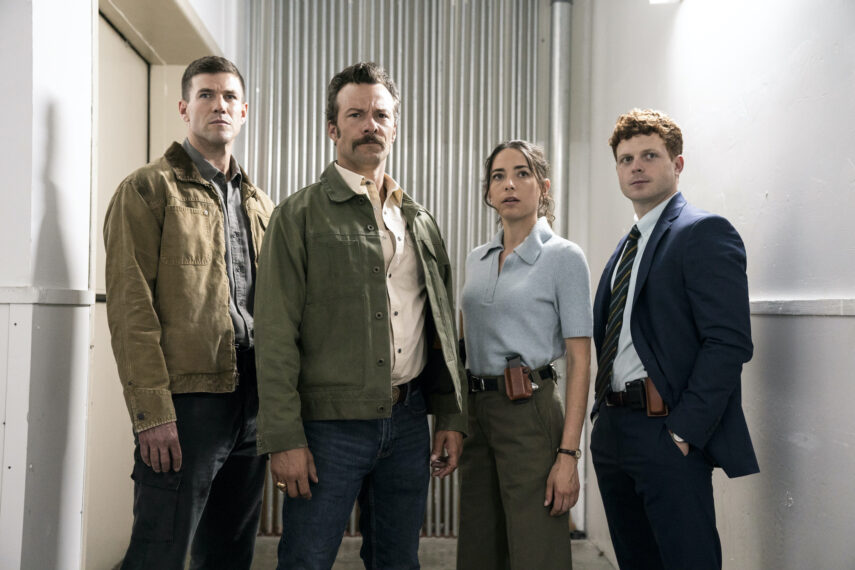
Erik Voake/CBS
Jackson leaves at the end of this episode, but how much are we going to see of him this season and how much is the Pedro Hernandez of it hanging over them given their discussions about him so far?
Gina Lucita Monreal: We’ll see Jackson again, probably in an unexpected way, and Pedro as well. Of course we have to touch on Pedro. We’re telling the origin story of Gibbs in those flashback sequences, so audiences can expect us to adhere to the rules that our canon has laid out for us, but also we’ve filled in, between those points that we already know, the details with a lot of surprises along the way.
That dream sequence with Gibbs and Shannon in the car was heartbreaking. What do you want to do when we do see Shannon and Kelly and get those flashes, especially at this point in the season when those losses are so fresh for Gibbs.
North: For us, it’s really about highlighting that loss and the emotion of it and seeing how fresh it is for Gibbs. And I think in that scene in the car specifically, you see it all over Austin’s face, just how much he’s grieving in that moment.
Monreal: And I think in just developing the show, it was really important for David and I to feel like we could get inside the heads of our characters. That was something we talked about a lot in the beginning stages and continue to talk about, because to us that’s how our audiences are going to relate to these people, if we can really understand what they’re feeling to the core. And so showing those flashes, showing Shannon in the car, we feel it’s really hopefully enabling our audience to relate to Gibbs in a more intimate, deeper way.
Gibb stopping elevators was so iconic in the original series, so talk about introducing that as early as you did in the season here.
Monreal: We love little moments like that. David and I, having written for so many years on the original show, having written a lot of elevator stops along the way, it’s really gratifying for us to be able to weave that into the making of this man. So any little thing we grab onto, we tend to do that because it’s just so fun for us as writers to show how those things began.
And then you also have the lighthearted moment with Randy (Caleb Foote) holding up the signs, which I loved.
Monreal: Yeah, I was saying I do love episode three because it shows that we can go into a lighter tone and do, and so we plan to really stretch the tone of the show as far as it can go in both directions, both dark and light moving forward in the series.
And I feel like you can do that with characters like Randy and then Woody (Bobby Moynihan) because it’s so interesting to think about the forensics of things and how long things took back then.
Monreal: Yes, yes, exactly. And we love to use that to our advantage because it’s fun in the storytelling to have those sort of hurdles to overcome. We’re not used to having to write that way. We just pull it up on the screen and we can’t do that here, which makes everything more about character.
Gibbs pushes Franks to take him off desk duty at the end of this episode and says the jobs all he has left, and he won’t let anyone take it from him. And Franks agrees, but on the one hand, we could see Gibbs following orders now so he doesn’t lose the job. But on the other hand, it doesn’t feel like he’s going to. What’s coming up there?
North: With Franks, it is a funny thing. Was he angry that Gibbs did that? Absolutely. And I mean, I think Franks said everything he wanted to say, but there’s part of Franks that respects that. I think he respects that out of Lala [Mariel Molino] when she pushes back. Does it get her in trouble? Absolutely. But Franks himself isn’t a play by the rules type of guy. I think he has that in Randy, but I think there’s something he respects about Lala and Gibbs for pushing limits sometimes.
NCIS: Origins, Mondays, 10/9c, CBS

